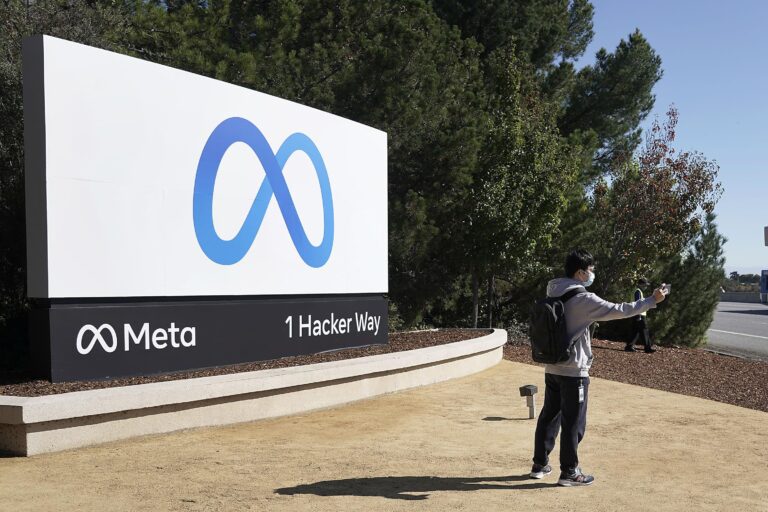These results have maturity written all over them.
- Apple reported Q3 results that beat expectations as iPhone shipments beat expectations by 20%.
Q3A Consensus
Revenues $35.3bn $35.0bn
Gross Margin 36.9% 36.6%
EPS $7.47 $7.34
iPhone 31.2m 26.1m
iMac 3.8m 3.9m
iPad 14.6m 18.0m
- Guidance was weak with revenues / gross margins of $34bn-$37bn / 36%-37% expected compared to consensus of $37.1bn / 36.9%.
- Revenue was essentially flat YoY and there are at last signs of falling ASPs of iPhones .
- iPhone Q3 ASPs fell to $583 from $613 in Q2 as shipments of lower priced iPhone 4 / 4S and 3GS increased their share meaningfully in the mix.
- iPhone shipments in US, Japan, Russia, Brazil, India and Singapore all saw strong YoY growth which I suspect was largely due to price cuts making iPhone 4 / 4S more accessible to the mass market.
- The iPhone 5 remains by far the most popular device, but the iPhone 4 / 4S and 5 look very similar to the casual observer.
- Hence, I suspect that some of the negative stigma around owning an older model has disappeared as the older model looks very similar to the newer one.
- This might change if the iPhone 5S (or 6) is a meaningful departure from the iPhone 5 in terms of looks, but for now I think this trend could easily continue and accelerate.
- iPad was a real disappointment missing forecasts by 19% and a strong indication that this segment is also approaching saturation.
- This is a positive sign for the PC market.
- For the last few years PC users who do nothing except browse, email and shop have been deserting their PCs in favour of smartphones and tablets.
- This has been a major factor in the weakness in PC shipments over the last few years.
- If the tablet and smartphone segments that can adequately perform these functions are now showing signs of maturing, it is a sign that all the users who are going to ditch their PCs have done so.
- Perhaps this is a sign that the long suffering PC market will now bottom out.
- There are many functions that smartphones and tablets are incapable of and I am a believer that the PC market is here to stay.
- It is much too early to get excited but I can see some light at the end of a very dark and long tunnel.
- Apple needs a new product category in order to reignite growth as it remains the dominant force in every segment that it occupies.
- Here, TV remains the best bet simply because I suspect that an iWatch will be an expensive mistake.
- A mid -range iPhone is a very dangerous proposition as the cannibalisation (and subsequent fall in ASPs) could easily wipe out the impact of an increase in shipment numbers.
- These numbers are good for a little bounce but not much more.









Blog Comments
tatilsever
July 24, 2013 at 12:01 pm
Shipments =/= sales. Actual iPad sales (sell-through) was only down by 3%, compared to a year ago when the first retina iPad was launched and apparently channels were being stuffed, so -19% shipment comparison is a bit misleading. Still, there is now one more iPad model, the mini, so it’d be reasonable to expect unit volumes to go up despite lack of a new launch. In any case, holiday quarter will be a more reliable gauge in maturation or saturation.
windsorr
July 24, 2013 at 12:24 pm
That’s true. You have, however, fallen for the oldest trick in the book. Whenever a company is seeing a slow down or saturation they always start talking about how inventory adjustments are masking the picture. If there was not a slowdown or maturation going on there would have been no need to justify the numbers. Even when you take the inventory out, the company missed expectations giving the signal that maturation is here.
tatilsever
July 24, 2013 at 7:45 pm
I understand your point. Still, when a company has only one launch after one whole year, it is easy to see why there is a need to produce more than actual sales early on. When the refresh cycle is broken, yoy comparisons becomes less meaningful.
In any case, it does not seem like iPad Mini is bringing a large number of new tablet customers rather than eating into the sales of full size version. It is quite interesting that consumers gravitate towards laptops with larger screens, but tablets with smaller ones. That cannot be good news for Win8 tablets. If consumers prefer smaller screens beyond the price advantage, they are unlikely to be clamoring for simultaneously open multiple app windows.
tatilsever
July 24, 2013 at 12:25 pm
For browsing, photo editing, sketching, note taking, emailing etc, 4S has been fast enough, regardless of its shape. I doubt it feels any different between Galaxy S3 and 4. For the majority of customers who are not into games that make use of the latest GPUs, the urge to upgrade must be less nowadays. It will be interesting to see if upgrade cycles will expand beyond 24 months. ARM hardware has been nowhere near the speed of desktops, but apparently most people do not need such power once bloated old OSes and apps get cleaned up and optimized for the mobile era. Traditional PC era lasted more than 2 decades, I wonder if it’ll take as long before another computing paradigm displaces mobile computing.
Fortunately for hardware people, phones tend to fall on pavement or dunked in water more often than laptops. 🙂 It will not be all that bad if mobile sales stabilizes around 3 to 5 times PC sales.
windsorr
July 25, 2013 at 1:13 pm
A key aspect of the replacement cycle at the high end is subsidisation. If your operator offers you a shiny new phone free every 24 months you will replace every 24 months. Until that changes I think replacement at he high end will remain dependent on contract length.
HPQ Q3 – Home to roost | Radio Free Mobile
August 22, 2013 at 10:21 am
[…] I would look at Samsung, Asustek or Microsoft as ways to have exposure to a bottoming of the PC market (see here). […]